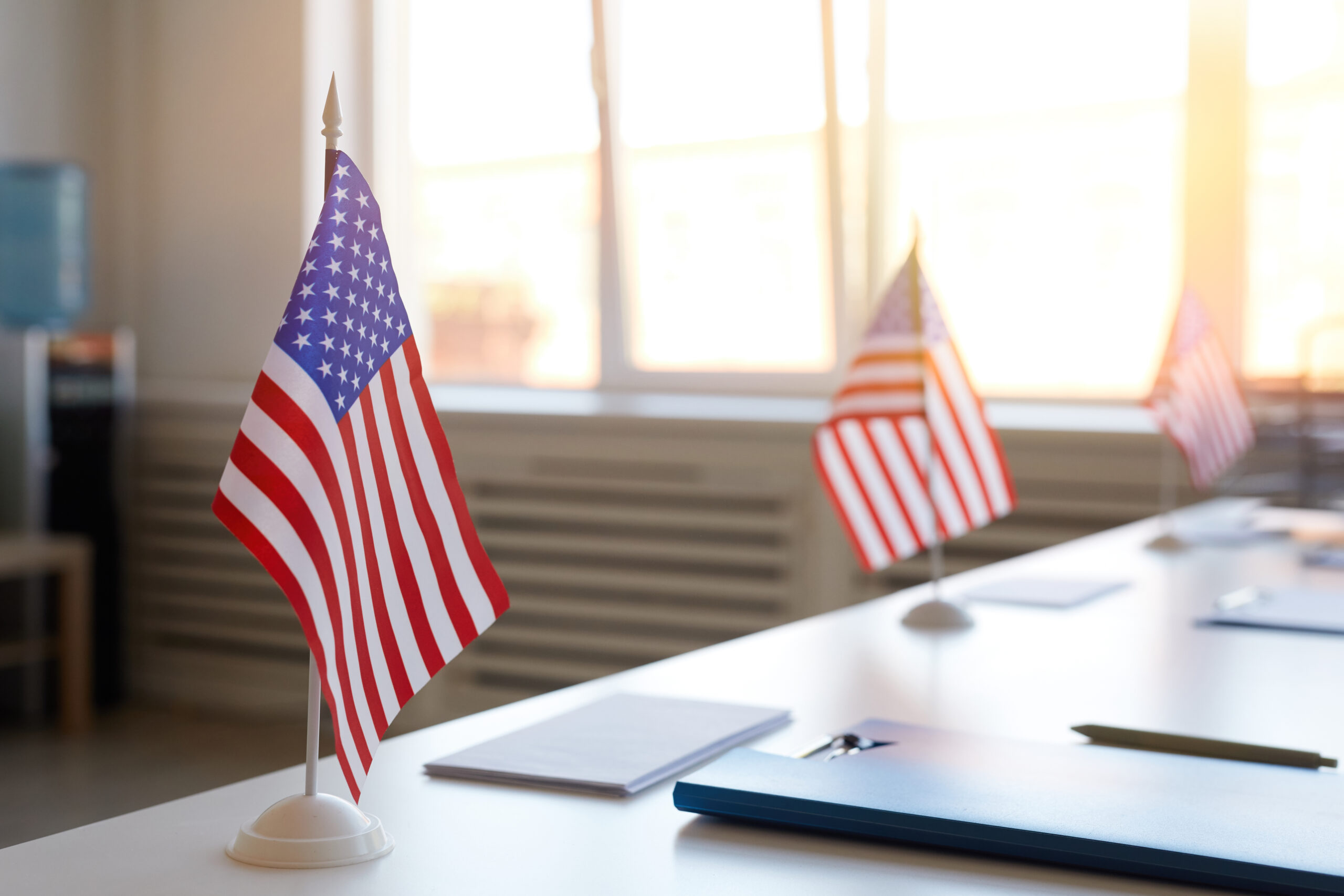When I was a kid, I walked a mile to school, played unsupervised in the street, and had blanket permission to go pretty much anywhere on my bike, provided I was home when the streetlights came on. Back then, adults were certainly not as omnipresent as they are today, but they seemed in charge and mostly competent. I learned from my parents and teachers that this country was a force for good in the world and an engine of freedom and opportunity.
Today is different. Adults are more active in children’s lives, but at the same time society seems less inclined to play a reassuring role for kids. This is particularly true in schools, where it seems the lessons focus on the bad and the broken, suggesting to kids that they have suffered the great misfortune to have been born into a country that is racist to its core, whose founding documents were lies when written, and where democracy is hanging by a thread.
Why are schools obsessed in defining America as the problem –ignoring the fact that many parents do not share this perspective? Teacherswant children to grapple with “honest history” starting in elementary school and to accept a very pessimistic view of our country. In North Kingstown curriculum books, they share content that highlights themes such as suicide, drug use, sexual abuse, molestation, and police as the enemy. They replace classic novels with historical fiction because it fits a narrative. They even encourage students to stand up against their parents. Small wonder, then, that children are more depressed and medicated than ever before.
A half-century of psychological research indicates that our beliefs about the world shape behavior and our sense of well-being.School is only one input in a child’s psychic landscape. But our school administration seems doggedly determined to validate and normalize the depressive forces in children’s lives, rather than help them overcome them or offer a counter-narrative. Their solution is to simply hire more school therapists and encourage victimhood.
A recent Pew Research Center survey of U.S. adults found that only 52% of Americans say the United States is one of the greatest countries. Among the most recent graduates of America’s schools, ages 18–29, that number is only 42% percent. More disturbing is that only 12% of Democrats and Democratic-leaning independents think the US stands above other countries, a figure that drops to a miniscule 5% among those 18 to 29-years-old. It’s clear that the goal of the education system, dominated by Democrats, is not to prepare kids to continue building a more perfect union, but to dismantle it.
When education becomes activism, it dwells exclusively in the bad and the broken. It encourages children to see their community and country as nothing more than a collection of problems to be solved, with none of the virtues and blessings of citizenship. Certainly, America is not perfect, but when the bad is emphasized, it creates in the minds of students the impression that their country is reflexively antagonistic to their interests: That what we have, what we have been given, and what some may seek to preserve is wrong, unjust, and must be dismantled.
It should not be a controversial notion to say that public education must proceed from a moral commitment, grounded in optimism and, yes, patriotism. Education’s highest object is to nourish the soul and inspire human flourishing, not to be a hobbyhorse for social-justice activists. Our kids future and the country’s future are at stake.
When education becomes activism, it dwells exclusively in the bad and the broken. It encourages children to see their community and country as nothing more than a collection of problems to be solved, with none of the virtues and blessings of citizenship. Certainly, America is not perfect, but when the bad is emphasized, it creates in the minds of students the impression that their country is reflexively antagonistic to their interests: That what we have, what we have been given, and what some may seek to preserve is wrong, unjust, and must be dismantled. It should not be a controversial notion to say that public education must proceed from a moral commitment, grounded in optimism and, yes, patriotism. Education’s highest object is to nourish the soul and inspire human flourishing, not to be a hobbyhorse for social-justice activists. Our kids future and the country’s future are at stake



